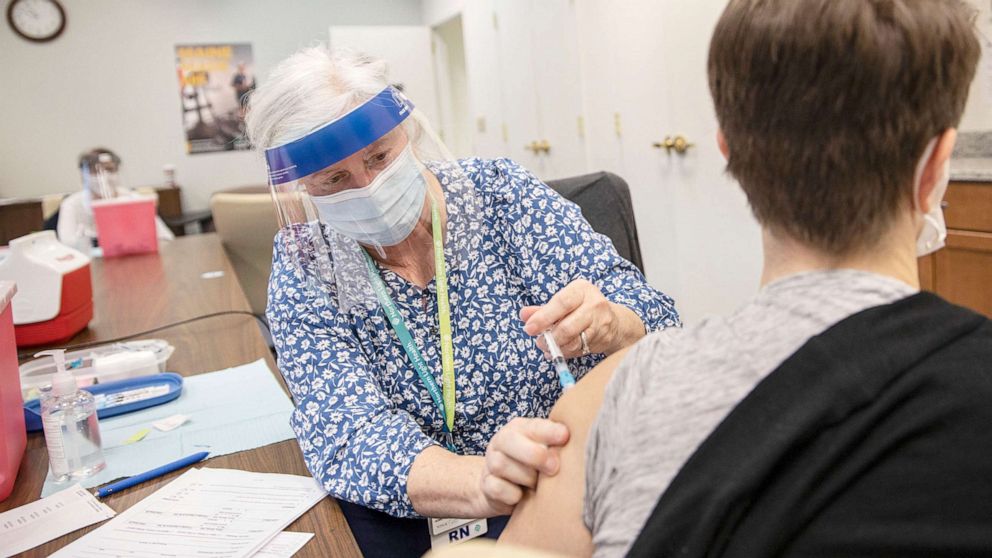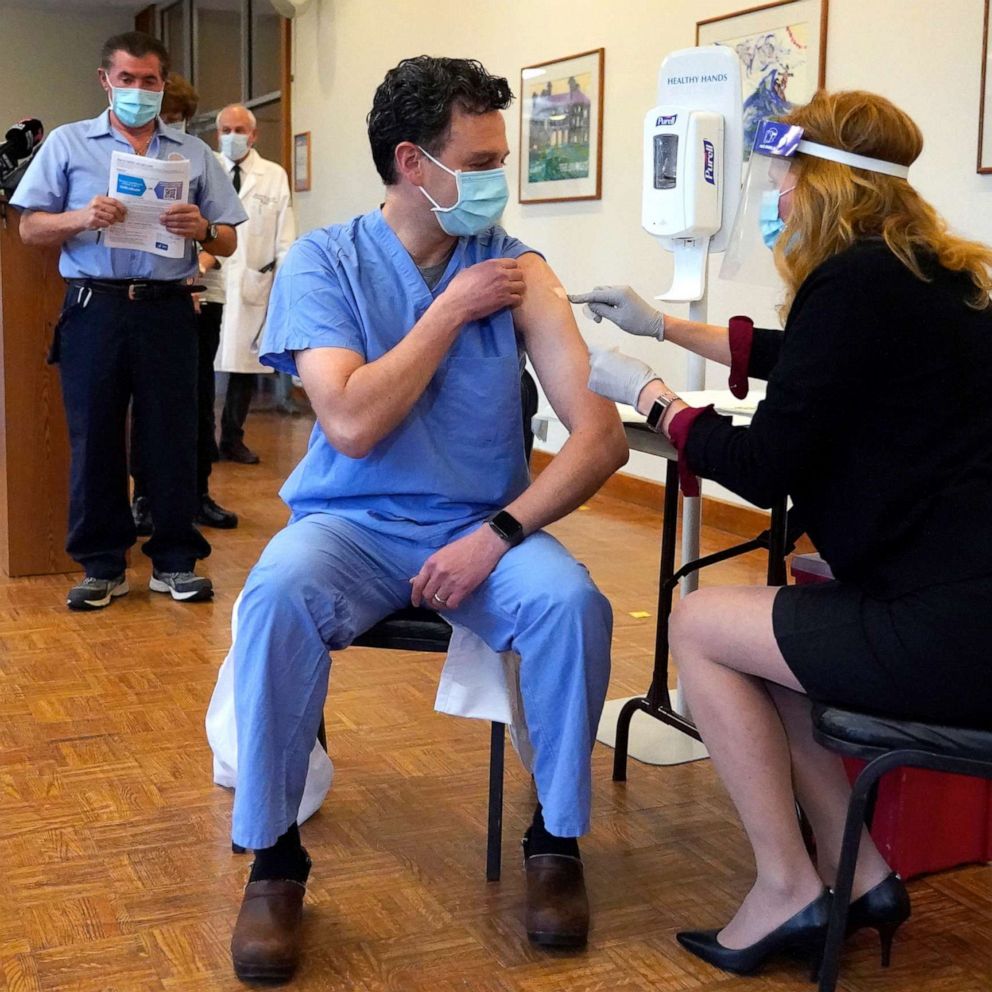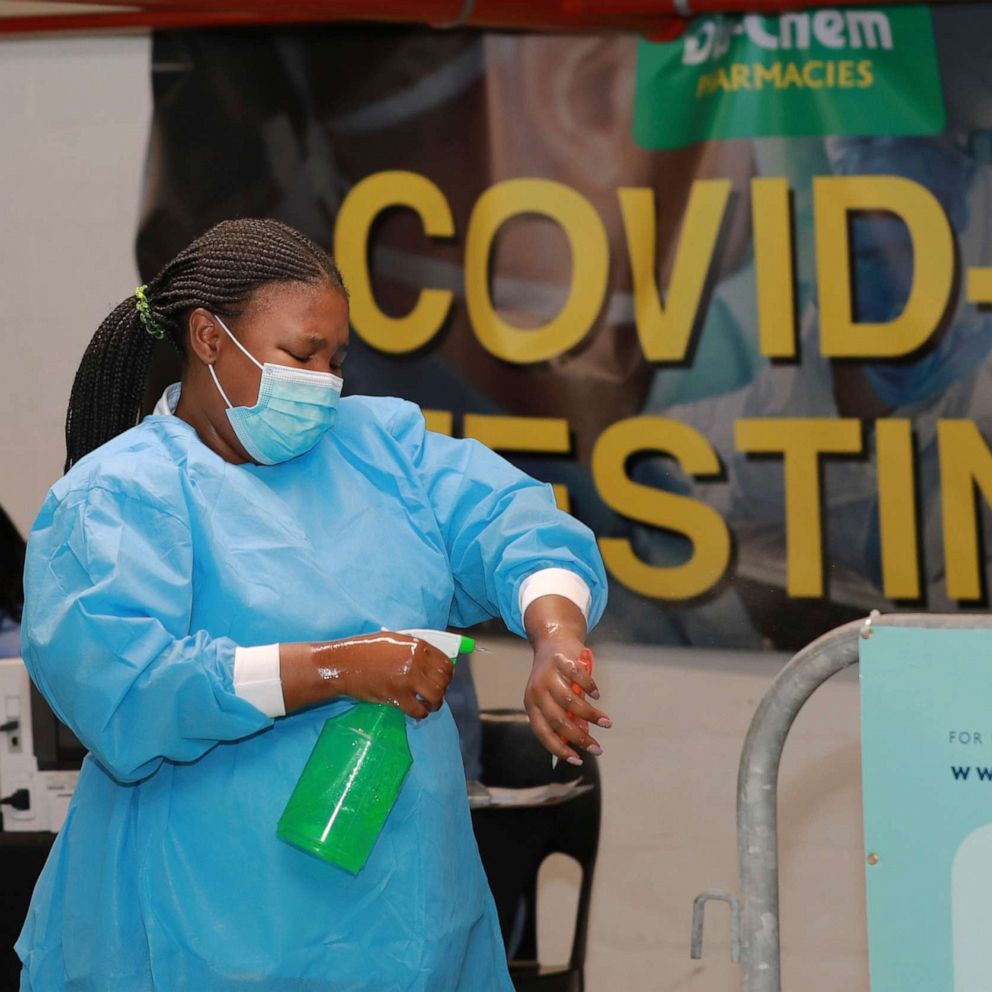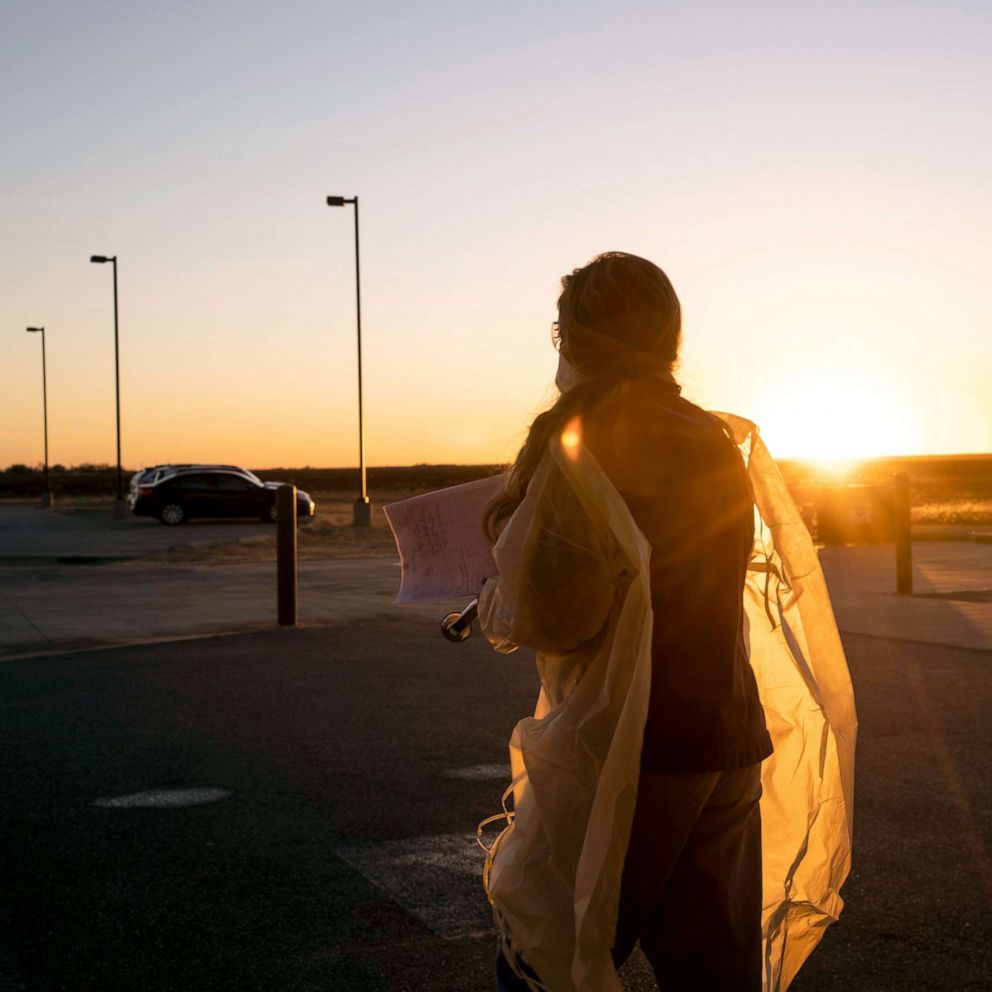Maine shifts some vaccine doses away from CVS and Walgreens
As frustration mounts over slow COVID-19 vaccine rollouts at CVS and Walgreens around the country, Maine has been shifting supplies away from chain pharmacies to independent ones.
This week, the state transferred 975 doses from Walgreens to an independent pharmacy and next week it plans to transfer 500 doses away from CVS, according to the Maine Center for Disease Control and Prevention.
"The decision was driven by the principles of velocity and equity, which are foundations of Maine's vaccination plan," Robert Long, a Maine CDC spokesperson, told ABC News in a statement. "The doses had not been committed to scheduled clinics, so the Maine Immunization Program redirected them to vaccination sites that had ready and immediate needs."
This week, Maine didn't send any of the doses it received from the federal government to CVS or Walgreens.
But according to Long, the decision to pause the retail pharmacy program isn't a policy shift. Instead, he said, it reflects the fact that CVS and Walgreens already had enough doses to fulfill their commitments for the week.
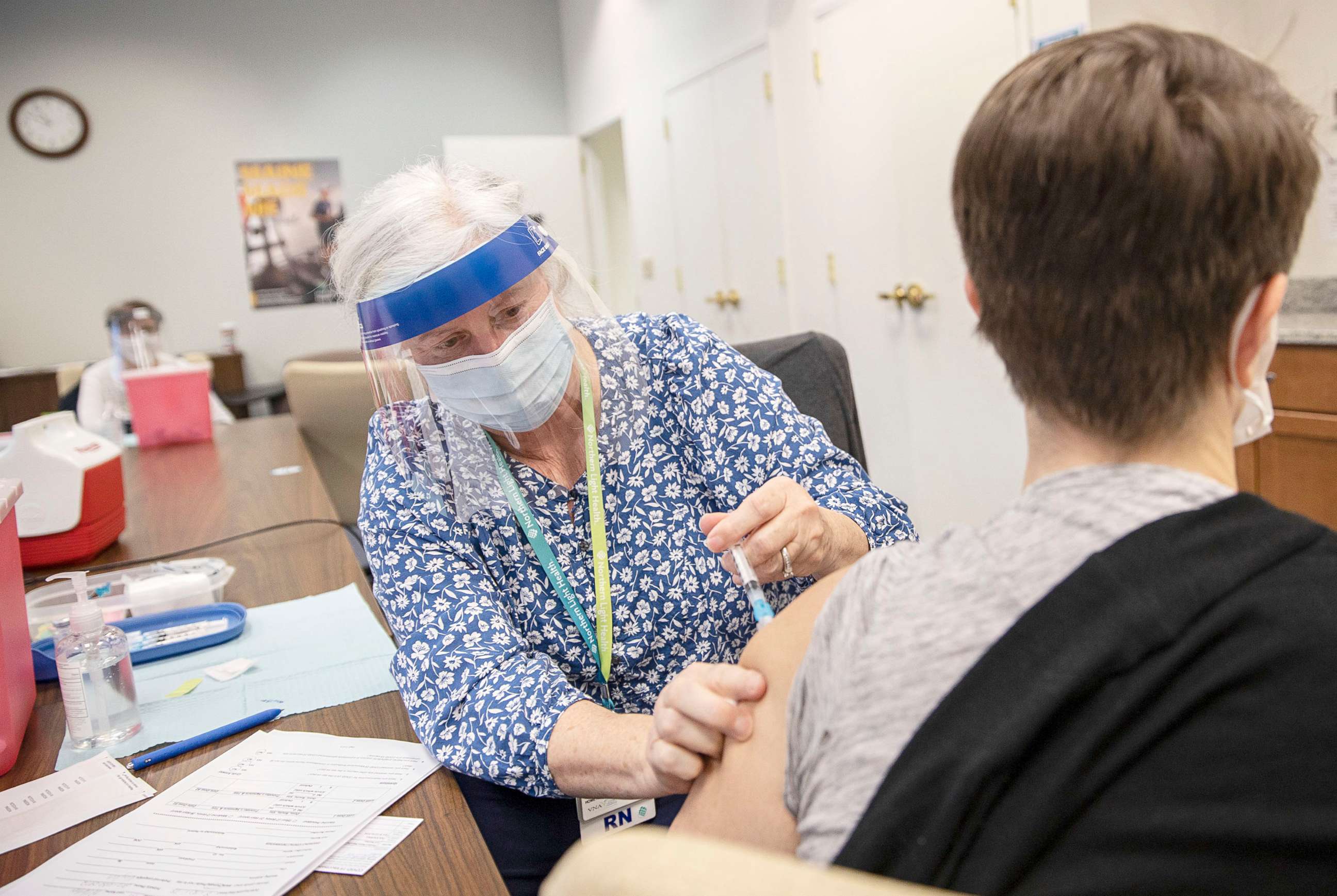
"This is not an issue of pace," a CVS spokesperson told ABC News. "The 500 doses noted are being moved because the operator of 14 long-term care facilities -- Shalom House in Portland -- wanted to move to Bedard Pharmacy, with whom they have an existing relationship."
"There are several factors that may leave us with more doses than initially planned," a Walgreens spokesperson told ABC News. "For example, the patient population at a long-term care facility has shifted, patients or staff elect not to get the vaccine, or a facility overestimated doses needed."
"We are not messing around with this," Dr. Nirav Shah, director of the Maine CDC, said during a news conference last week. "We've got doses waiting to be administered and people waiting to receive them. If we see a mismatch there, we are going to continue moving things around in that fashion."
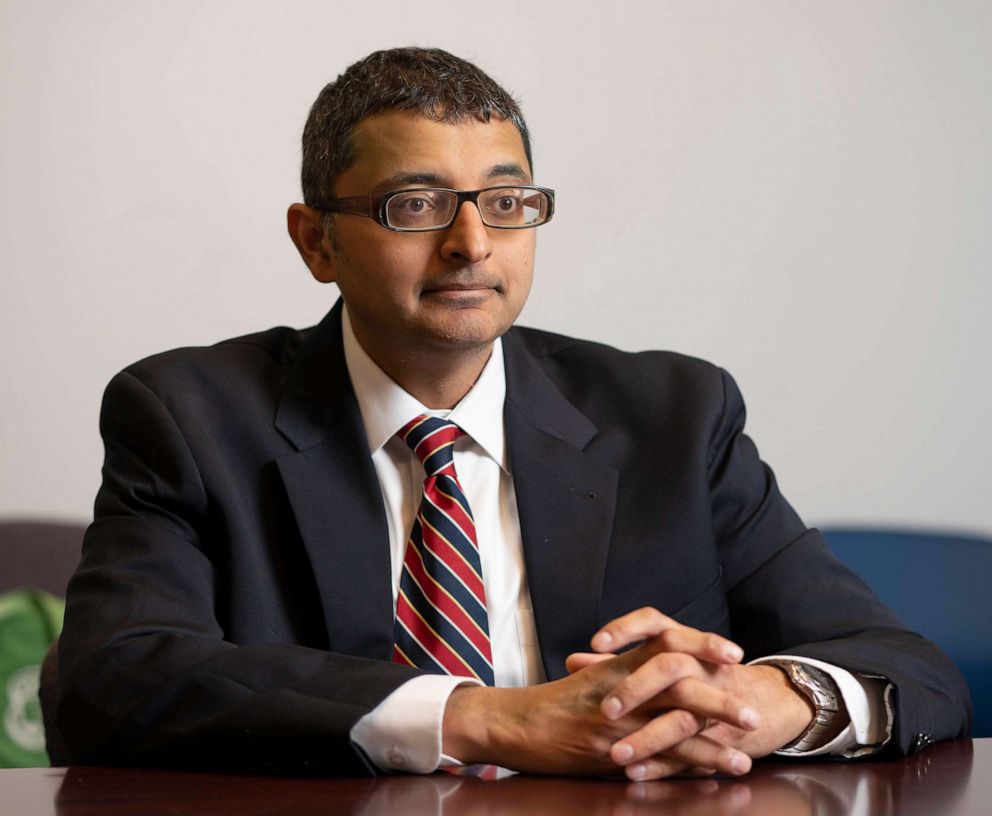
It remains to be seen if Maine will follow in the footsteps of West Virginia, which was lauded for a successful vaccine rollout that relied on partnering with independent pharmacies instead of chains.
As of Jan. 21, West Virginia had vaccinated 9,349 out of every 100,000 residents, among the best per capita rates in the country, according to the Centers for Disease Control and Prevention. By comparison, Maine's per capita vaccination rate was 5,989 vaccines administered for every 100,000 people.
And while the Maine CDC said that West Virginia's success with independent pharmacies had no influence on Maine's decision to reallocate doses, the two states do have some key similarities.
While slightly more than half of pharmacies in Maine are chains, compared to 41% of pharmacies in West Virginia, both states have a dearth of chains in rural neighborhoods, according to an ABC News analysis of SafeGraph data. In Maine, there are only six chain pharmacies per 100,000 people in rural areas. Rural neighborhoods in West Virginia have roughly eight chain pharmacies per 100,000 people.
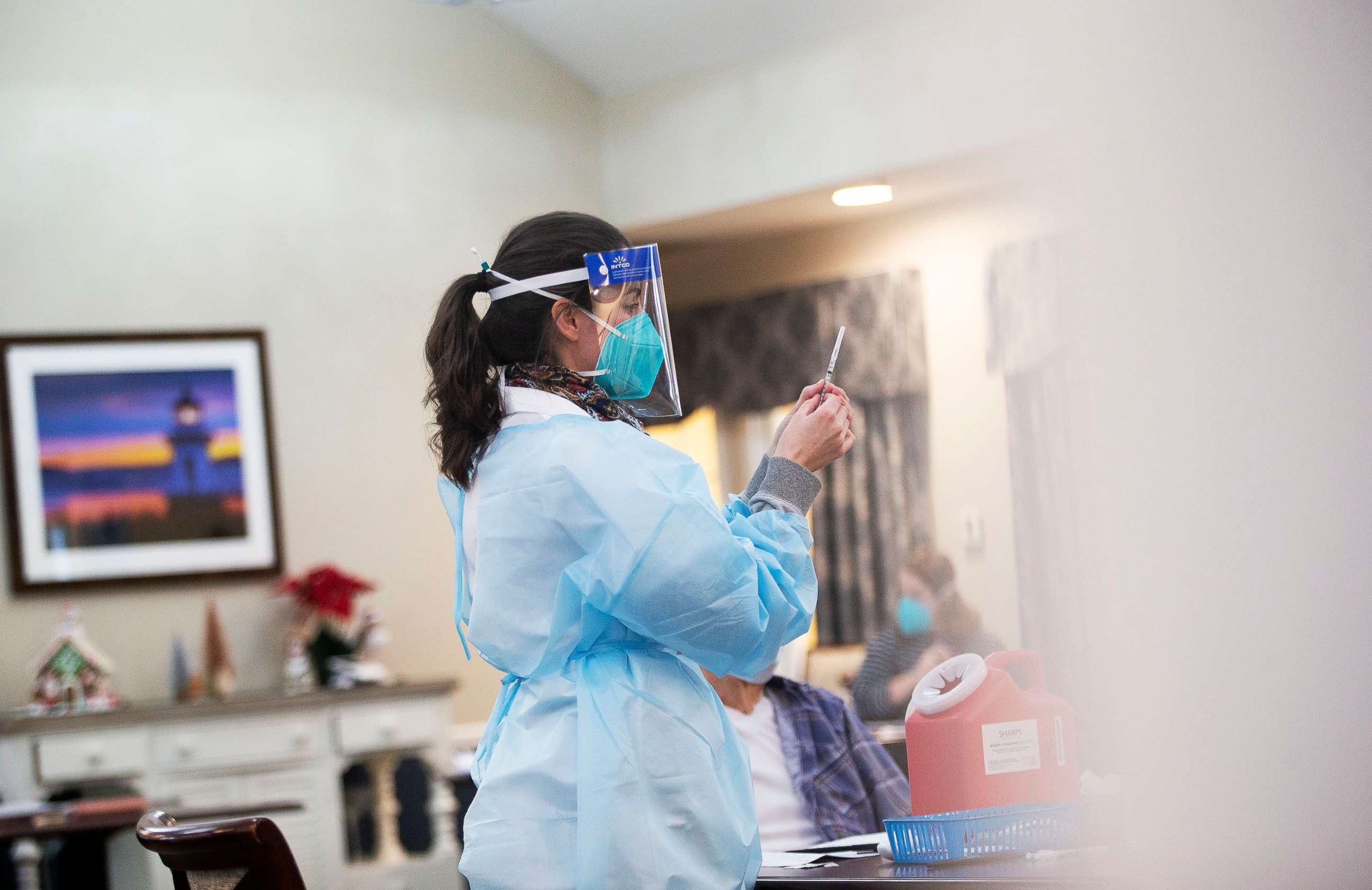
John Beckner, senior director of strategic initiatives at the National Community Pharmacists Association, which represents independent pharmacies, said that independent pharmacies had wanted to be involved in the initial vaccine distribution effort.
"We had numerous meetings and calls with CDC and HHS. We lobbied," he said. "By and large, states have elected to use CVS and Walgreens. In some cases that worked OK. In other cases, there were a lot of bumps in the road."
And despite the perception that independent pharmacies aren't as well equipped as the big chains to handle vaccinations, Beckner, a pharmacist by training, stressed that independent pharmacists often have decades of experience immunizing patients. There's also the relationship factor: In addition to existing partnerships with nursing homes, in rural communities without a doctor, local pharmacist sometimes double as primary care.
While tricky requirements for storing the Pfizer vaccine make the Moderna a more realistic option for pharmacies "the main challenge for our members has been access to the vaccine," Beckner said.
More states are reaching out to independent pharmacies, according to Beckner, and with the prospect of additional vaccines like Johnson & Johnson's in the pipeline, Beckner is hopeful that independents will have a bigger role to play when vaccinations of the general public start.
"What we've seen in West Virginia is best practice, quite frankly," he said. "Other states have really taken notice."
ABC News' Mark Nichols contributed to this report.
What to know about the coronavirus:
- How it started and how to protect yourself: Coronavirus explained
- What to do if you have symptoms: Coronavirus symptoms
- Tracking the spread in the U.S. and worldwide: Coronavirus map
Tune into ABC at 1 p.m. ET and ABC News Live at 4 p.m. ET every weekday for special coverage of the novel coronavirus with the full ABC News team, including the latest news, context and analysis.
